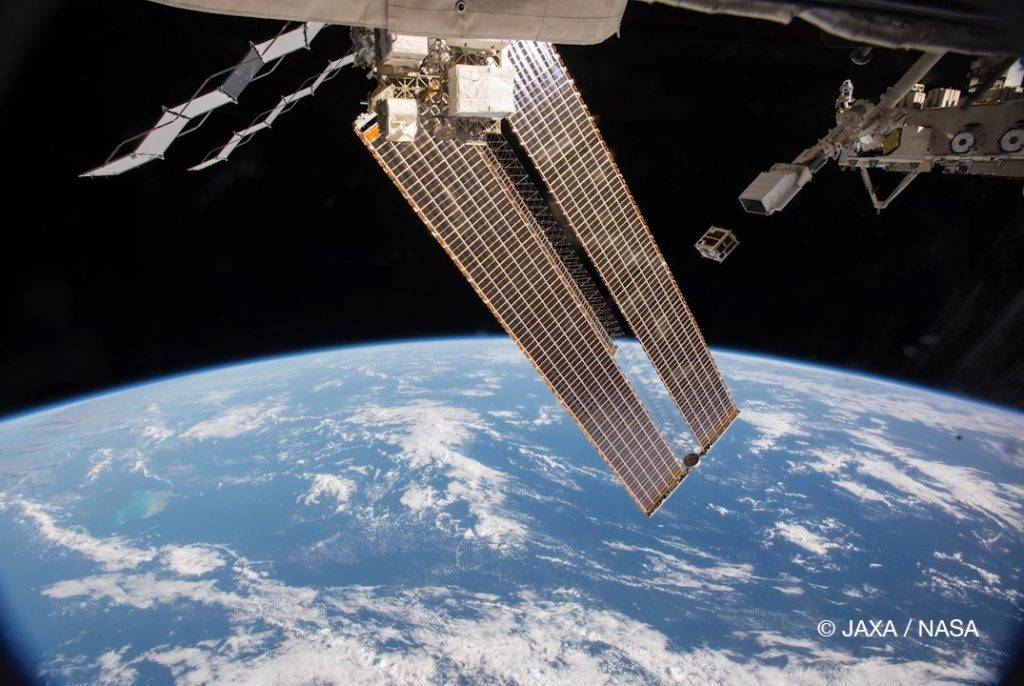Technology
PH to teach space tech to other nations

MANILA – Japanese and British people have taught Filipino engineers about space technology. Now Filipinos will share their learnings to other nations.
The Philippine Space Agency (PhilSA) has just launched the Space Infrastructure, Know-How, and Applications Acceleration through Promotion and Training (SIKAP+) to teach the best practices in space technology to other countries that are yet to work on this industry.
The project was made possible through a 149,356 Euro (PHP8.3 million) grant from the European Union through the Asi@Connect project managed by TEIN*CC of Korea.
“The Asi@Connect project aims to connect the world through the internet. In terms of space, the SIKAP+ aims to teach countries that are yet to work on space industry. We will teach them how to control a satellite, how to process data from it, how to establish amateur ground receiving stations to be used in communication,” said Sheilo Muta, Chief Science Research Specialist, PhilSA’s Space Mission Control and Operations Division, in an interview with the Philippine News Agency on Wednesday.
The Philippines and other nations that have already started space operations or those that have already launched satellites in space, will share best practices. This will include sharing of data, software, facilities related to space operations, space data processing, as well as space situational awareness.
These will be done through meetings and webinars, according to Muta who also leads the SIKAP+.
The Philippines will teach countries such as Bangladesh, Cambodia, Myanmar and Nepal as these have already expressed interest in space technology.
“It can be recalled that Japan and UK have also taught the Philippines to start and sustain its space journey. The Philippines, along with Malaysia, Indonesia, Japan, Mongolia, Vietnam and Thailand will share best practices, tools and lectures,” she said.
Muta said the fund will be used for UNISEC Philippines students to attend face to face demonstration of the country’s ground station. The fund will also be used for the experts’ travel expenses abroad, as well as to buy items and equipment that will be used in amateur ground station.
The SIKAP+ has already started last April, and the project team started developing modules and platforms that will be used in lectures and webinars.
Muta clarified that these platforms will be designed for massive open online course, where participants could access videos, modules and deliverables. An online community platform will enable participants to communicate with each other.
PhilSA’s project will run until March 2023.






















Vee-Jay Lee
May 26, 2022 at 10:51 AM
A tremendous step forward in space exploration, as well as a protective measure to safeguard Filipinos from natural disasters and conflict, but it is also for the greater good, as it improves our learning, particularly for those who are aspiring engineers and architects in the area. I hope that we will be able to establish our own space agency so that we can regulate everything without the assistance of other countries. I have and we have full pledge with the Filipino engineers and architects who will develop machinery in space as long as the purpose serves them.